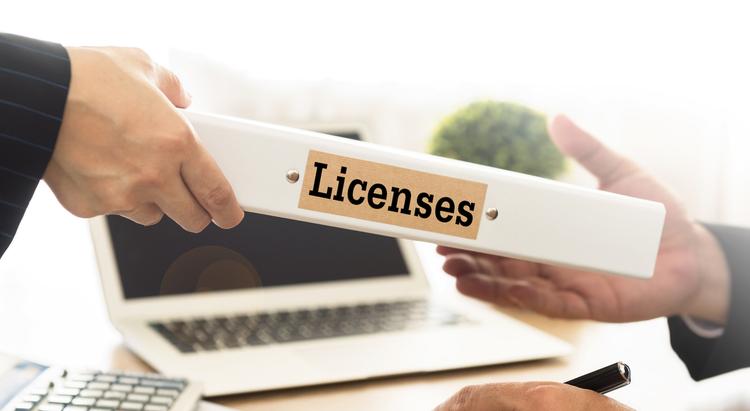
Add to your topics of interest
Add to your topics of interest Close
Tuesday, April 2, 2019

Linking mass consumption products with recognized brands or properties is a marketing strategy that implies responsibilities in commercial management under the license agreement.
Can a businessman freely use trademarks, characters or images of personalities in his products, to make them more commercially attractive?
Brands, characters, sports club badges or personalities' images, which we will call marketing properties, enjoy legal protection that, in general terms, restricts their free use or exploitation by third parties. Thus, if an entrepreneur wants to use these assets in their products (school supplies, crockery, clothing, sweets, etc.), they must obtain prior and express authorization from the owner, by signing a license.
In practice, what are the implications for the licensee of signing the license?
Typically, license agreements for the use of marketing properties are lengthy and complex proforma agreements that impose detailed regulated obligations on the licensee, for which the licensee must implement a strict contract management or control system. The licensee undertakes to comply with the obligations, procedures and standards, among others: (i) comply with the procedures for the use of the property and the approval of the product; (ii) submit periodic sales reports and other reports; (iii) follow guidelines on maximum and minimum prices of merchandise, (iv) take into account, in negotiations with customers, the provisions on discounts and permitted returns; (v) properly and promptly settle and pay royalties; (vi) territory; (vii) provide information on the execution of the contract and allow the audit by the licensor.
What does the license audit consist of?
It is usual that, under the license, the licensor can designate a third party so that, within a term, examine the information that is in the possession of the licensee on the execution of the license, and determine if it finds non-compliances that give rise to the imposition of contractual fines. Sometimes, the licensee must bear the costs of the audit.
What advice do you give us as licensees?
That a team be appointed for the negotiation in which members of the commercial team participate, but also have legal support. Verify, before signing, that the conditions of the contract are in accordance with the dynamics of the local market. It is usual for contracts to be signed in English, so it is important to have an accurate version in Spanish for compliance. Similarly, that a license monitoring system be implemented, so that the licensor can strictly monitor its compliance and execution. In the event that the licensor opens an audit, the licensee is recommended to seek support from his legal team before giving access to the information, in order to be clear about the scope of the review.
By registering you can personalize your content, manage your topics of interest, schedule your notifications and access the cover in the digital version.